The Road to Glasgow: Views at embarkation
Five expert perspectives looking ahead to the UK's first UN climate summit
By Richard Black
Share
Last updated:
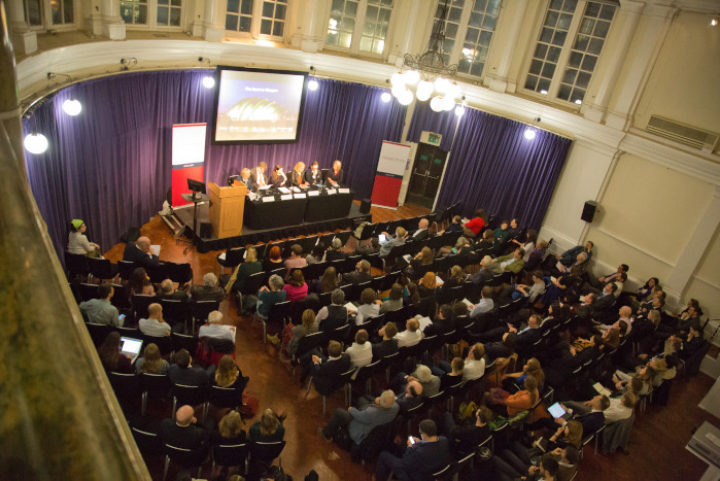
November 2020 will see the United Nations climate change convention (UNFCCC) come to the UK for the first time, with Glasgow set to host the most important climate summit since Paris back in 2015.
Marking one year until proceedings kick off in Scotland, ECIU brought together voices from across civil society to discuss both the conference, and the state of play in UK climate policy as we head into a momentous year.
Hosted within spitting distance of Downing Street, ECIU Director Richard Black opened proceedings, noting that the Glasgow climate conference come at a crucial time for global decarbonisation.
As it stands, global emissions are still rising; and while there are a growing number of countries pledging to reach net zero carbon emissions (68 at the last count), there remain significant doubts on how we are going to get there.
Equally notably, however, there are no serious pieces of work concluding that global net zero by mid-century is not possible; and concern about climate change has never been as prevalent as now, while support for the low carbon transition has never been higher.
Public support on the up
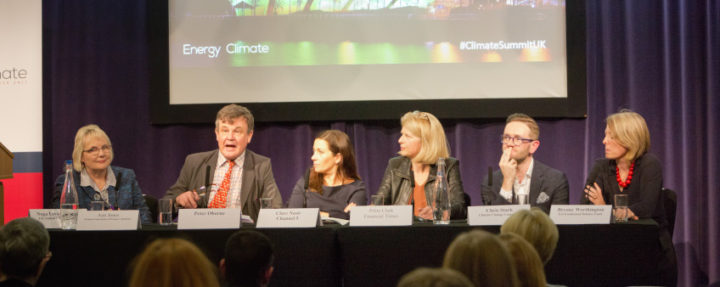
Opening the panel discussion, Financial Times Associate Editor Pilita Clark reflected on the changing political landscape over the past few years, noting that many see the rapid change of tone within the Conservative Party as a cause for optimism.
Peter Oborne, the political columnist and former Daily Mail Political Editor, suggested that sceptical voices do remain in fringes of the Conservative party.
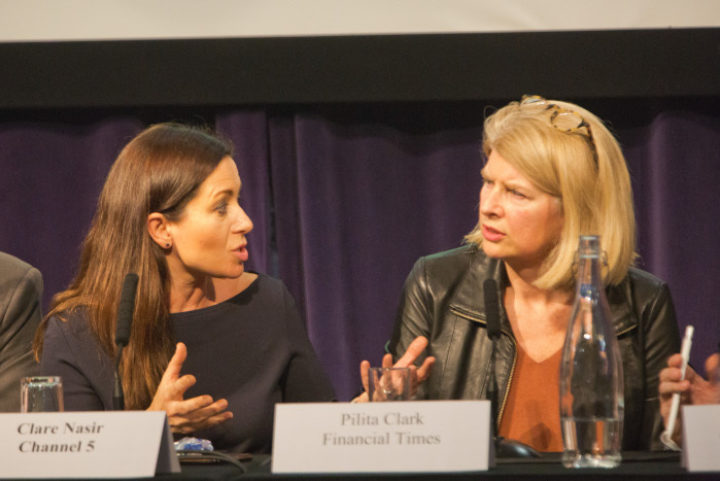
However, Ann Jones, deputy chair of the National Federation of Women's Institutes (WI) reflected that support for climate action now runs deep across society in general, and that the WI itself with its 200,000+ members is a long-time advocate of cutting carbon.
Met Office meteorologist and Channel Five weather forecaster Clare Nasir also reflected on the changing landscape, noting that the now-widespread support for decarbonisation within politics and the media, along with a surge in public interest in climate change, allowed Met Office scientists to talk about issues more freely.
As one of the architects of the UK’s landmark 2008 Climate Change Act, Baroness Bryony Worthington confirmed that the support of civil society is necessary for climate action.
Looking to next year, she stated that the Glasgow conference will be the ‘biggest diplomatic event that the UK has ever hosted’, and that civil society will be out on the streets calling for more action to stop dangerous warming.
The net zero summit?
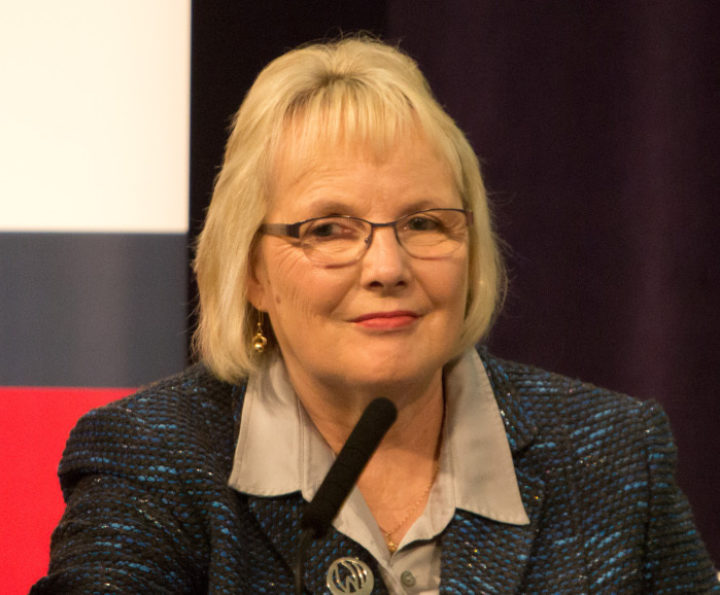
One of the strands of the 2020 summit will be net zero, reflecting the unequivocal message from the Intergovernmental Panel on Climate Change (IPCC) last year that the world needs to reach net zero around mid-century in order to stand a reasonable chance of limiting global warming to 1.5ºC.
Discussing the UK’s own net zero emissions target which came into law in June, Committee on Climate Change (CCC) Chief Executive Chris Stark stated that an astonishing amount of evidence had gone into the committee’s recommendation to Government.
With many calling for the UK to aim for carbon neutrality well before 2050 he said that he would also like to reach net zero before then, but that focus should be on the lack of a plan for our existing targets rather than calls for new ones.
He also stressed - a point that met with general agreement - that in order to have credibility as a 'climate change leader', the UK needs to get its own decarbonisation demonstrably on track to net zero well before the summit opens.
All of the people
Giving advice to the NGO community ahead of a pivotal year, Peter Oborne stressed the importance of talking to people with different points of view, a point echoed by the WI’s Ann Jones.
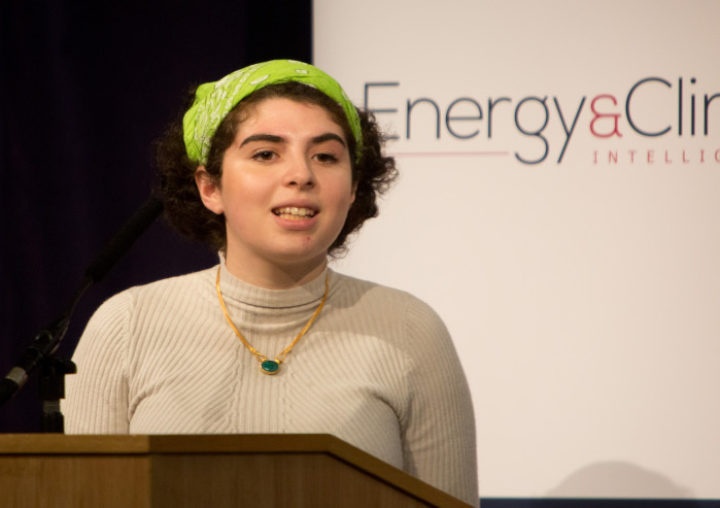
Intervening from the crowd, ECIU Advisory Board member and former MP for Newbury, Richard Benyon, argued that there is a strong appetite for environmental action within the Conservative Party. This statement was met with agreement by Chris Stark, arguing that whatever one's political views, we need to bring business and industry along in order to meet net zero.
Closing proceedings was Noga Levy-Rapoport, a representative of the UK Student Climate Network, who delivered a stirring speech on the case for rapid and immediate action.
Speaking on behalf of thousands of British students who are laying down their pens in order to take to the streets, she called for action not to be held back by politics, referencing the IPCC conclusions on reaching net zero and arguing that climate justice demands nothing less.
Arguably there has never been a year as pivotal for global climate action as 2020. With the UK hosting the UN climate conference and enjoying a remarkable cross-party consensus on climate action, it looks like being a fascinating year ahead.
Share